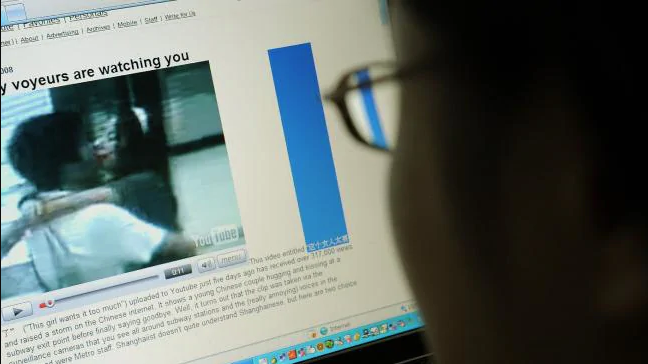The European Parliament voted against a proposed controversial legislation that would require internet companies and users to take more extensive measures to prevent copyright infringement, a bill that was denounced as a threat to internet freedom.
The bill first passed through EP Legal Affairs Committee on June 20, clearing the way for the full vote. On Thursday, the Parliament rejected the bill in a 318 to 278 vote. 31 lawmakers abstained.
The two main talking points of the legislation were Article 11 and Article 13.
Article 11, or the “link tax,” stipulates that anyone who publishes a link or content that was originally from another source must first get permission from the original publisher.
Article 13, also known as “upload filter,” would require that large online companies, such as Facebook and Google, monitor all uploaded content for anything that has been copyrighted.
MEPs will discuss the proposed copyright laws further in September.
Here is how things unfolded today → https://t.co/zYgCrWjF2Y pic.twitter.com/C8gnFQ6N5h
— European Parliament (@Europarl_EN) July 5, 2018
Pervenche Beres, a member of the EP and who supported the bill said after the failed vote that U.S. tech giants “who steal from artists and pay no taxes, have won a battle.”
Internet giants such as Google and Facebook waged a fierce battle for nearly two years against the legislation since they would have to pay billions to publishers and content creators for the use of their original work.
Article 13 has been referred to as the “end of memes” because any image that is not original may be claimed as a copyright violation upon publishing. No image would be protected under fair use.
Julia Reda, a German MEP and an outspoken opponent of the legislation hailed the outcome as a “Great success.”
“Your protests have worked!” she posted on Twitter after the vote.
The bill is not yet dead, and could be brought again to the Parliament if lawmakers make changes to it.





















